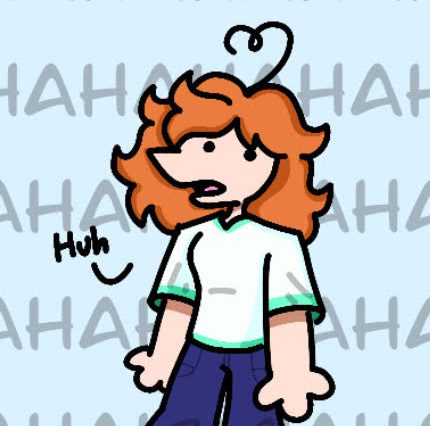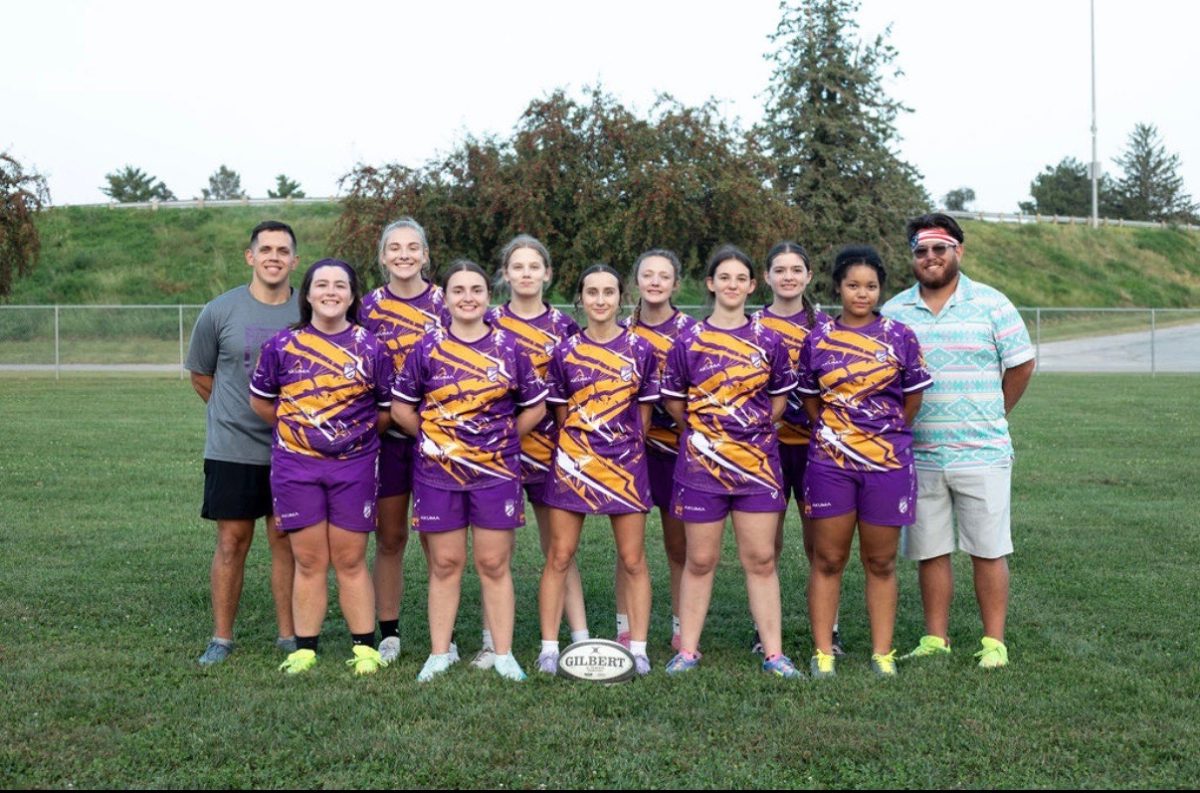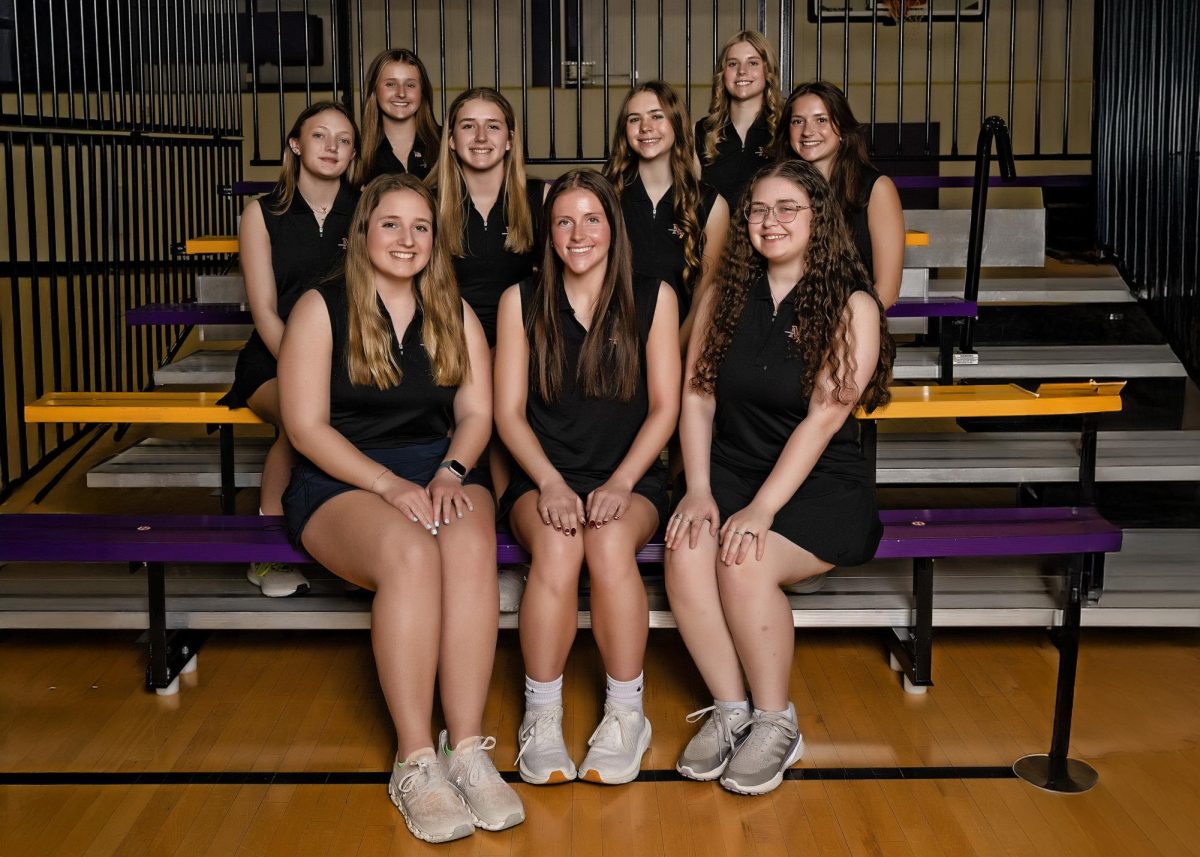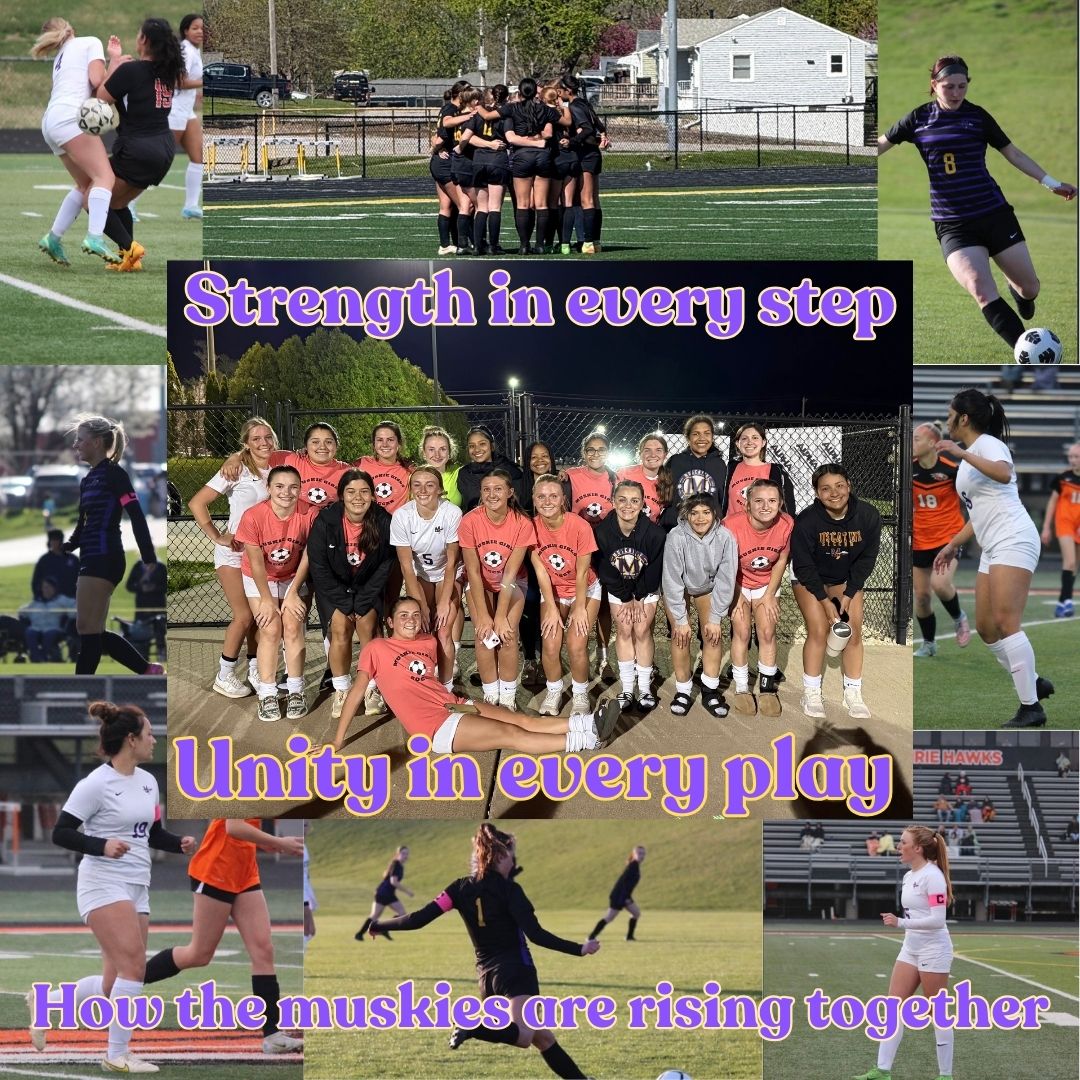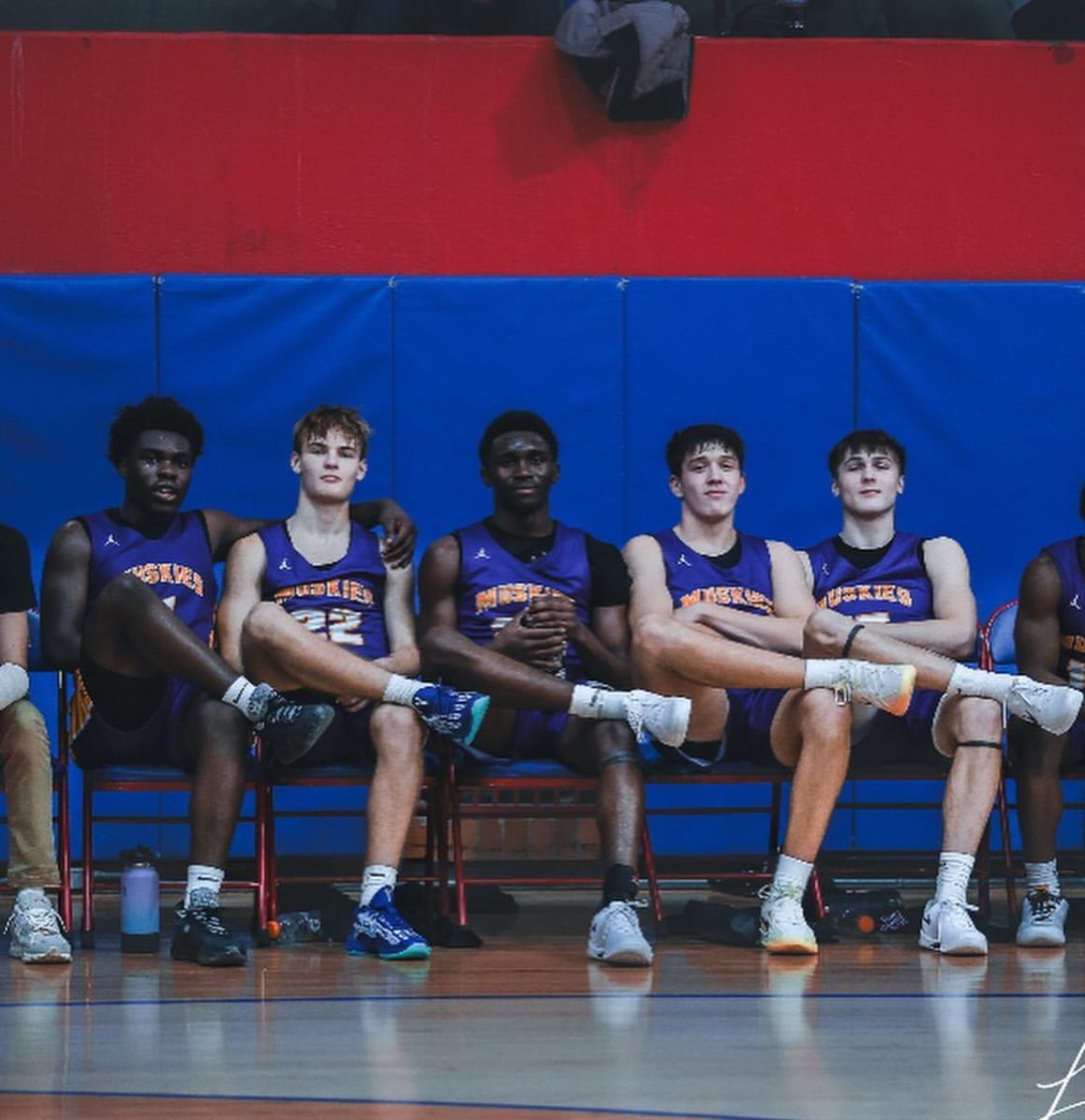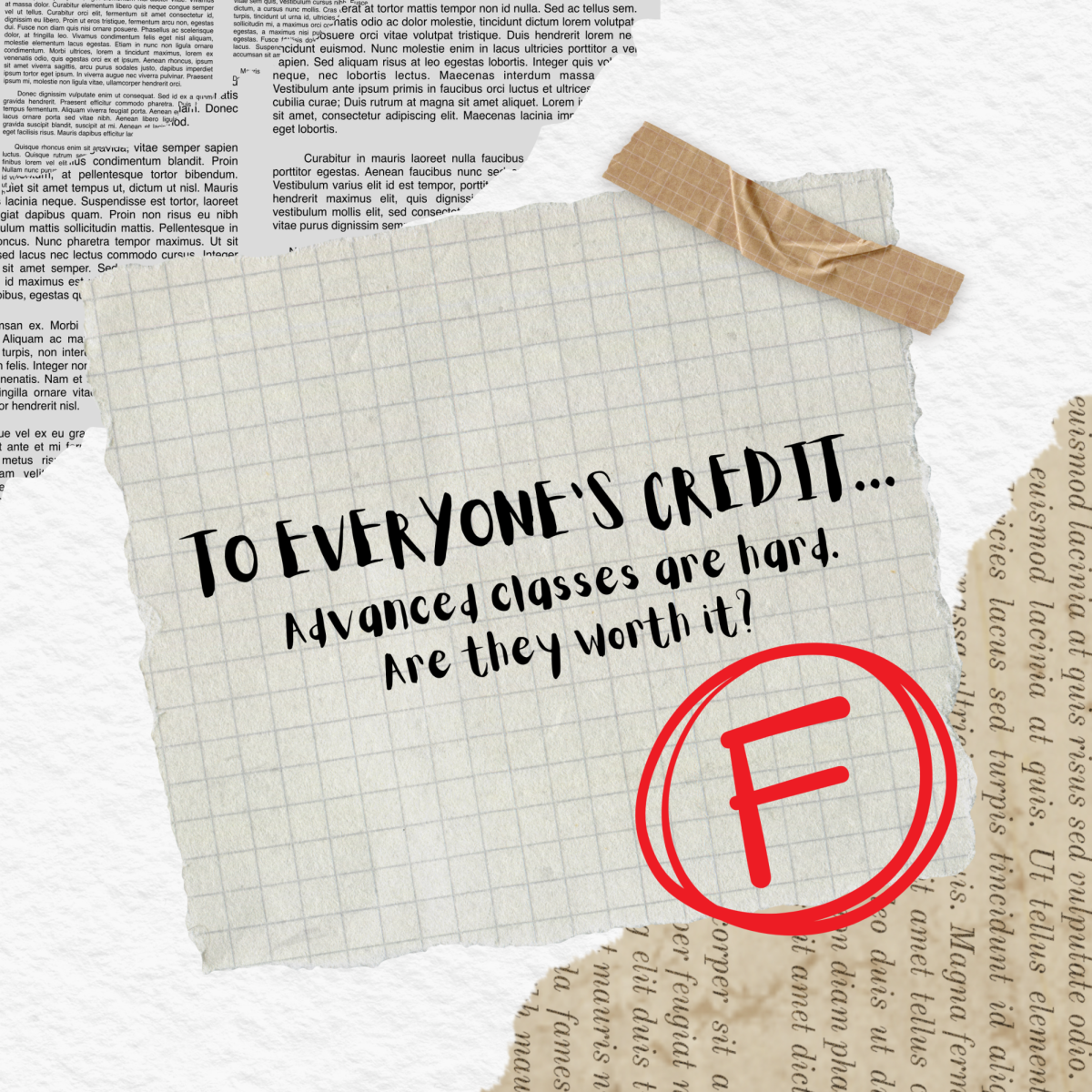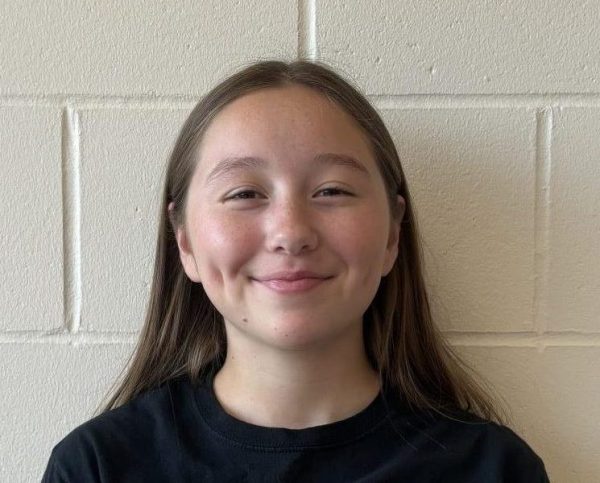
Student-athlete is a term used to describe students at any education level who balance athletics and school. Each student finds a balance that works for them personally, whether the amount of time spent on homework or the specific sport they participate in.
Student-Athletes; Lanie Weikert, 12, Ty Cozad, 11, Jimmy Forkpa, 10, and Macy Reno, 10, share their experiences and their opinions on how to handle it because it is apparent that there are difficulties and challenges when deciding which comes first.
Each student’s course load may look different, such as how many sports and classes they take.
The following four pictures and captions include their classes as well as the sports they participate in.
Each student can be different regarding whether they see themself as a student-athlete or an athlete-student.
Senior Lanie Weikert said, “Most of the time I identify myself as a student-athlete because that’s technically the term. But in all honesty, I’m not sure. Both of them make me who I am. Without them, I’d probably be really bored.”
Junior, Ty Cozad, had a bit of a different view on it.
“Athlete-student, I’m just here for the sports. The grades help a lot though. It teaches you about responsibility.”
Sophomore Jimmy Forkpa said, “Student-athlete, for the school you have to keep consistently good grades to be eligible to play. So I’m all about books. I’m an Academic Weapon.”
Receiving attention for being an athlete is much easier than if one was a math-lete.
Lanie said, “100% it is easier to make a name or have people value you on the academic or athletic side, because, after games a lot of the time if you have a good game, you will get interviewed by the newspaper and everything. But say if you took a test and got a good score on the test no one’s gonna come and interview you for it. When Valedictorians speak at graduation, some people may remember it, maybe the people in your class, but other than that no one’s really going to remember it.”
Tackling both can affect one personally when it comes to mental health, social life, and more.
Sophomore Macy Reno said, “I’m mentally best when I’m playing my sport, when I’m focusing more on school my mental health just kinda declines in terms of wellness.”
Ty Cozad said, “I feel like usually after practice all the nerves go away. Sports help.”
Sports help lessen the load and often times this is because of the relationships that sports offer.
Lanie said, “ I would say it’s not my whole personality but it’s definitely made me who I am. I’ve been playing soccer since kindergarten, but in the third grade, I started taking it more seriously and played club. The friends I have made I wouldn’t have made without soccer.”
“I think having a schedule for myself makes the biggest difference. In the fall, I was traveling to Des Moines two times a week and then I had all my classes on top of it. Especially last year it was really difficult when I was doing it because I had over a full schedule. But it really taught me how to manage time wisely and try not to get stressed and don’t take on more than you should on an academic level. I’m pretty involved in student council and other activities like that. So just knowing when to and when not to add more than you can handle,” said Lanie
Remember that whether you put the student first or the athlete first, find out what works for you.
